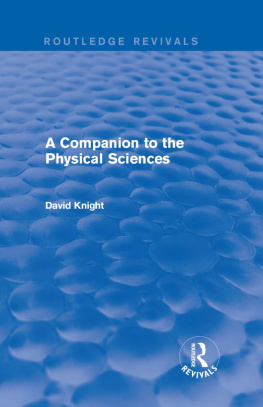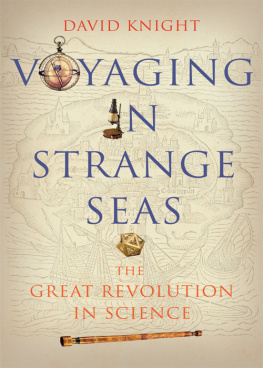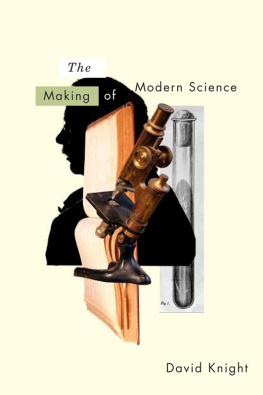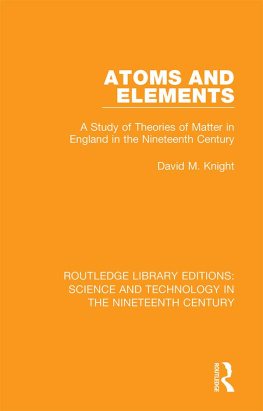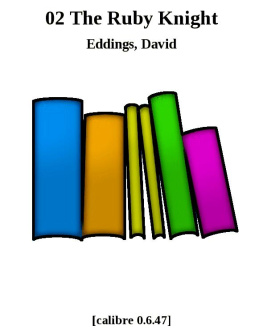Routledge Revivals
A Companion to the Physical Sciences
First published in 1989, this dictionary of the whole field of the physical sciences is an invaluable guide through the changing terminology and practices of scientific research. Arranged alphabetically, it traces how the meaning of scientific terms have changed over time. It covers a wide range of topics including voyages, observations, magnetism and pendulums, and central subjects such as atom, valency and energy. There are also entries on more abstract terms such as hypothesis, theory, induction, deduction, falsification and paradigm, emphasizing that while science is more than organized common sense it is not completely different from other activities. Sciences lack of innocence is also recognized in headings like pollution and weapons.
This book will be a useful resource to students interested in the history of science.
A Companion to the Physical Sciences
David Knight
First published in 1989
by Routledge
This edition first published in 2016 by Routledge
2 Park Square, Milton Park, Abingdon, Oxon, OX14 4RN
and by Routledge
711 Third Avenue, New York, NY 10017
Routledge is an imprint of the Taylor & Francis Group, an informa business
1989 David Knight
The right of David Knight to be identified as author of this work has been asserted by him in accordance with sections 77 and 78 of the Copyright, Designs and Patents Act 1988.
All rights reserved. No part of this book may be reprinted or reproduced or utilised in any form or by any electronic, mechanical, or other means, now known or hereafter invented, including photocopying and recording, or in any information storage or retrieval system, without permission in writing from the publishers.
Publishers Note
The publisher has gone to great lengths to ensure the quality of this reprint but points out that some imperfections in the original copies may be apparent.
Disclaimer
The publisher has made every effort to trace copyright holders and welcomes correspondence from those they have been unable to contact.
A Library of Congress record exists under LC control number: 89157798
ISBN 13: 978-1-138-64314-7 (hbk)
ISBN 13: 978-1-315-62947-6 (ebk)
A Companion to the Physical Sciences
David Knight
First published in 1989 by
Routledge
11 New Fetter Lane, London EC4P 4EE
29 West 35th Street, New York NY 10001
1989 David Knight
Typeset by Columns of Reading
Printed in Great Britain by TJ Press (Padstow) Ltd
Padstow, Cornwall
All rights reserved. No part of this book may be reprinted or reproduced or utilized in any form or by any electronic, mechanical, or other means, now known or hereafter invented, including photocopying and recording, or in any information storage or retrieval system, without permission in writing from the publishers.
British Library Cataloguing in Publication Data
Knight, David, 1936 Nov. 30-
A companion to the physical sciences.
1. Physical sciences
I. Title
500.2
Library of Congress Cataloging in Publication Data
Available on request
ISBN 0-415-00901-4
Contents
This book is addressed to anybody interested in the place of the physical sciences in our culture: and it is written in the belief that fundamental explanation in human affairs is historical. Historians of science do not fit easily into any specialised department of knowledge, but the questions aired here are those with which most of them are concerned. They involve the careers of scientists, their beliefs and those of society about science, as well as the origin and development of scientific theories. Because the life sciences were written up in Peter and Jean Medawars Aristotle to Zoos (OUP, Oxford, 1985) they are not systematically discussed here; though many of our topics are as relevant to natural history as to what used to be called natural philosophy. Much physical science is obscure, and to master it requires skills in mathematics and experiment; but the lives and minds of scientists are not substantially different from those of the rest of us. Science is a human activity, and much of it can be understood by those who do not need to practice it; it is a great mistake to see it as a mystery, or indeed as something which will solve all a nations problems. Many of the entries here thus discuss scientists as much as science; and like the demonstration-lectures of the nineteenth century, the book is written in the hope that entertainment and instruction go together.
A lexicographer is a harmless drudge, but this is not simply a Dictionary of the History of Science; there is already one, edited by W. F. Bynum, E. J. Browne and R. Porter (Macmillan, London, 1981), just as there are dictionaries of the various sciences in which exact definitions of technical terms are to be found. The entries here are more discursive than in most dictionaries, and the book is intended as much for browsing in as for rapid consultation. Nor is it biographical: for that, see T. I. Williams (ed.), A Biographical Dictionary of Scientists (A & C Black, London, 1969) and the multi-volume C. C. Gillispie (ed.), Dictionary of Scientific Biography (Charles Scribners Sons, New York, 197085). For those who want more information, there are citations at the end of some articles to recent writings. Those, and I hope there will be many, who become interested in the history of science will find that there are national societies concerned with it; that in Britain publishes the British Journal for the History of Science (BJHS for short), and that in the USA, Isis. The Society for the History of Alchemy and Chemistry publishes Ambix; and the Newcomen Society for the History of Technology publishes its Transactions. In addition, there are journals like History of Science and Annals of Science not associated with a society.
No book is unalloyed fun to write, as the original idea has to be veiled in words; but this one has been more fun than most. I am very grateful for the support of colleagues in the University of Durham, which has committed itself to the History of Science as a field of study; of my friends especially in the British Society for the History of Science; and of my family who have as usual been very long-suffering. None of them should be blamed for the result.
Absorption means swallowing up; we may be absorbed in a book, but in science it can be used of heat entering a body, or of digestion. The absorption of hydrogen by the metal palladium is a process of some interest, and absorption by a catalyst may be a crucial part of a reaction in chemistry. An absorption spectrum is one in which relatively-cool atoms of a gas absorb light at the same frequencies at which they would if hot emit it: the classic case is the spectrum of the Sun, in which Fraunhofer in the early nineteenth century saw dark lines. In 1859 these were explained by Kirchhoff and Bunsen as due to absorption in the outer layers of the Sun; the chemical composition of which could therefore be determined.



